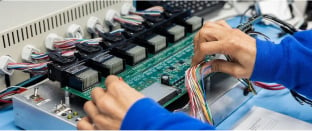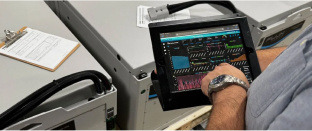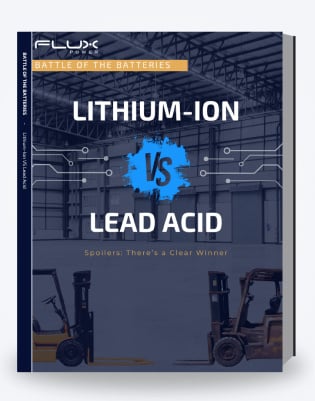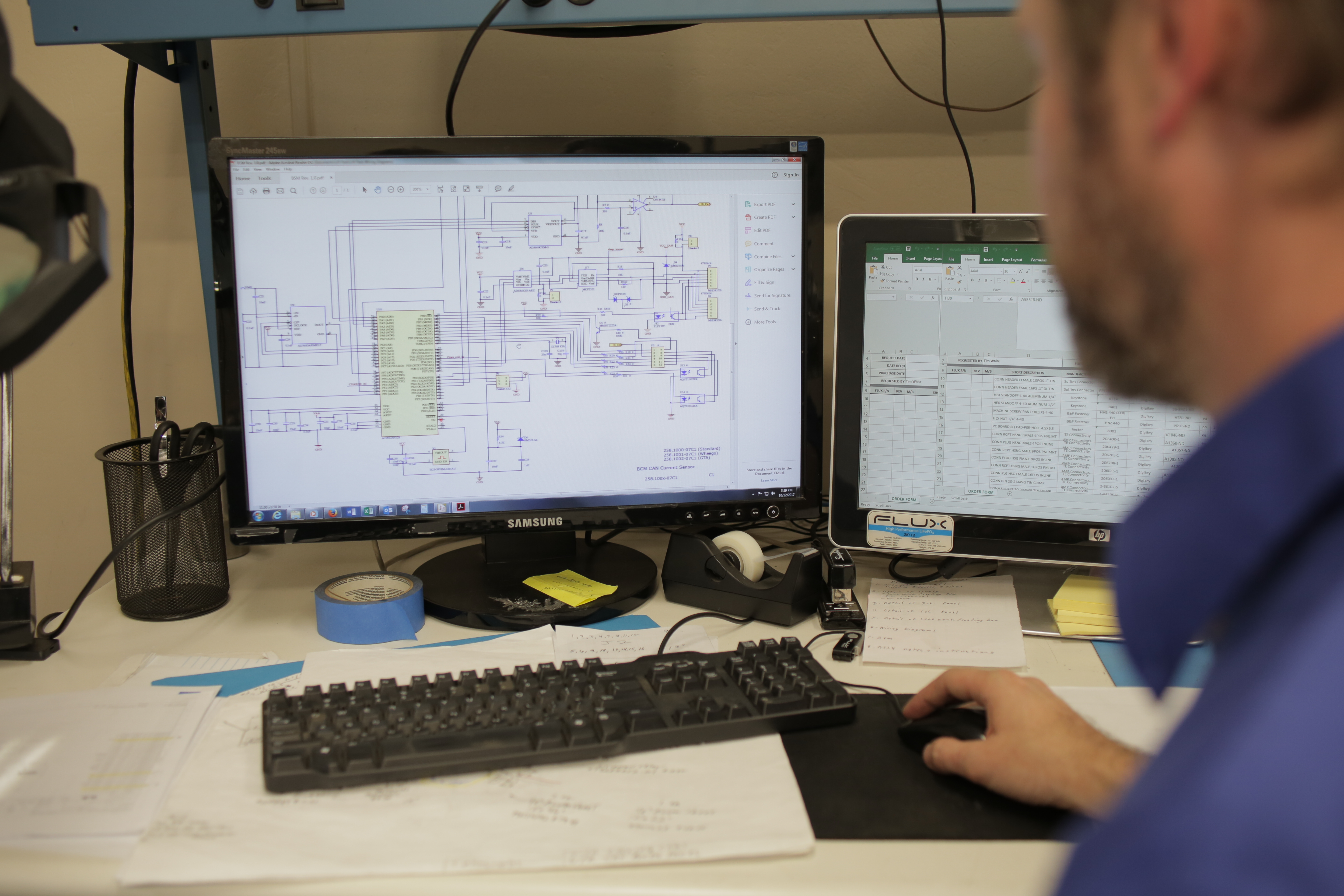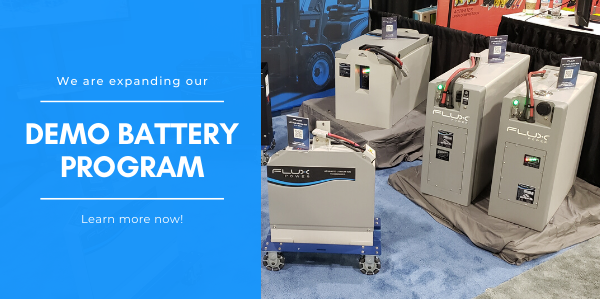What is Industry 4.0?
Throughout the past 200+ years, the production of goods has experienced four major revolutions.
With the First Industrial Revolution in the 1800s (Industry 1.0), water and steam-powered machines were developed. During this time, family owned businesses turned into organizations with owners hiring employees.
As technology advanced and electricity became the primary source of power in the 20th century, Industry 1.0 moved into the new era of Industry 2.0. During this period, machines were designed with their own power source and just-in-time and lean principles in the manufacturing industry were introduced.
The Third Industrial Revolution, or Industry 3.0, came about with technological advancements in electronic devices, sophisticated machines, software systems and electronic hardware. The concept of supply chain management was created during this period.
The Fourth Industrial Revolution, or Industry 4.0, refers to the recent trend towards automation of traditional manufacturing practices using AI, cloud computing, ‘smart’ sensors, and data analytics.
The Fourth Industrial Revolution is characterized by the rise of the “Industrial Internet of Things”, or IIoT, where machines, devices and humans are interconnected and able to communicate, creating immense amounts of data that can then be analyzed. As Industry 4.0 advances, even industrial equipment like autonomous warehouse robots and smart forklifts are becoming interconnected to optimize performance.
A 2020 benchmarking study by SmarterChains found that 90% of industrial plants are still trying to figure out how to leverage Industry 4.0 technologies. They also found that the 10% of plants that are leveraging these capabilities are outperforming the rest by a significant margin.
Lithium-Ion Forklift Batteries are Powering the Revolution
As organizations examine every aspect of their operations to see where they can use technology to optimize for productivity, lithium-ion batteries have an essential part in that process.
The role of the lift truck is evolving and has become a part of a larger network of equipment, devices and people that work together, and each has an impact on an organization’s bottom line.
Because of its mobility and daily interaction with many different systems and devices, the lift truck can be an important source of data for an organization.
Lithium-ion battery technology is a perfect fit within this interconnected network, because of its data storage capabilities. Lithium-ion batteries contain battery management systems (BMS) that track battery usage and performance data. Warehouse managers use this data to maximize equipment uptime and cut significant costs.
Here are the top three ways lithium-ion batteries help power the Fourth Industrial Revolution for warehouse and fleet managers.
#1: Predictive Maintenance
Predictive maintenance is one of the defining trends of the Fourth Industrial Revolution and represents a fundamental shift in how we maintain equipment.
Traditional maintenance instructions have a built-in safety buffer to allow for variations off the norm, resulting in unnecessary repair procedures performed before they are really needed.
Predictive maintenance is all about streamlining and optimizing the maintenance schedule by using data to back it up, and only performing what is needed, when it is needed.
A BMS provides visibility into a lithium-ion battery’s usage and state of health through measurement of parameters like:
- Age
- Number of charge and discharge cycles
- Temperature
- Voltage
- Internal resistance
An advanced BMS is able to send this data to cloud-based telematics services, notifying fleet managers of any ‘red flags’ or performance issues so they can take action ahead of time instead of reacting when a problem arises.
#2: Warehouse Optimization through Usage Data
One of the most common use cases for battery data is to give managers visibility into their equipment usage.
It can be difficult to coordinate electric lift trucks’ charging times with shift changes and breaks to ensure that all trucks are being used to their full capacity, especially if you don’t have any hard numbers to go off of.
Understanding usage patterns gives better insight to how much wear and tear the truck and battery experience.
The battery management system allows warehouse and fleet managers to get their hands on quantifiable data that shows whether they might need to expand their fleet the following year or even downsize if they are not all being utilized.
Fleet managers can set benchmarks for warehouse optimization. Improving productivity could include actions such as:
- Aligning battery charging with operator breaks
- Balancing workloads across multiple forklifts to even out battery usage
- Redeploying chargers near work areas for optimization
#3: Opportunity Charging
When a forklift operator must swap out a battery mid-shift for charging, it has a significant impact on productivity for that day.
Lithium-ion offers several advantages when it comes to forklift battery charging; they can be opportunity charged without causing any damage to the battery. In fact, it is often the preferred method to charge these types of batteries.
They do not require a cool down period after charging, and they can be plugged into the charger directly from the forklift. The process for lithium-ion batteries is much easier, allowing for charging between shifts and during breaks.
Opportunity charging is a great way to minimize downtime, which can be a huge improvement on the overall efficiency of warehouse operations.
Fourth Industrial Revolution and the Material Handling Industry
With the rise of ecommerce, supply chain processes are now the focus of organizations looking to keep up with an increasingly fast-paced world. For fleet managers and warehouse operations personnel, this trend has one main goal, improving productivity.
What does this look like?
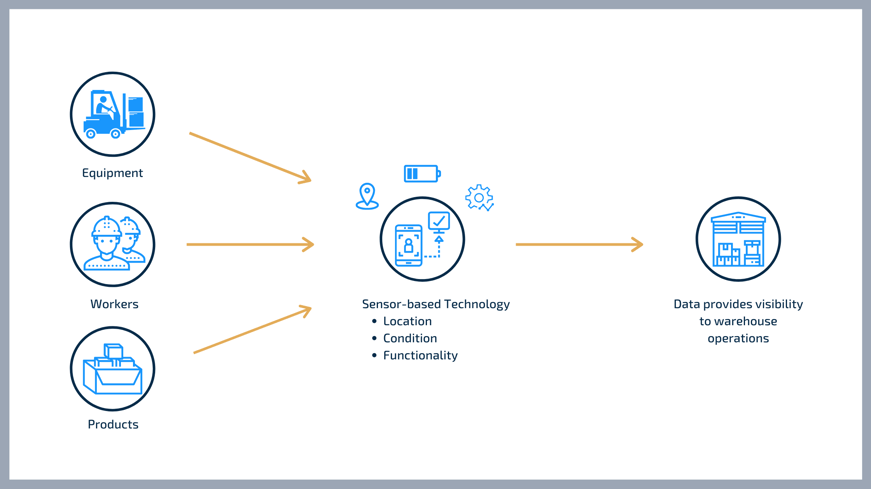
It will not be long before lithium-ion battery technology combined with a cloud-based telematics solution becomes the standard for organizations that want to get ahead of the competition and see success in their operations.

